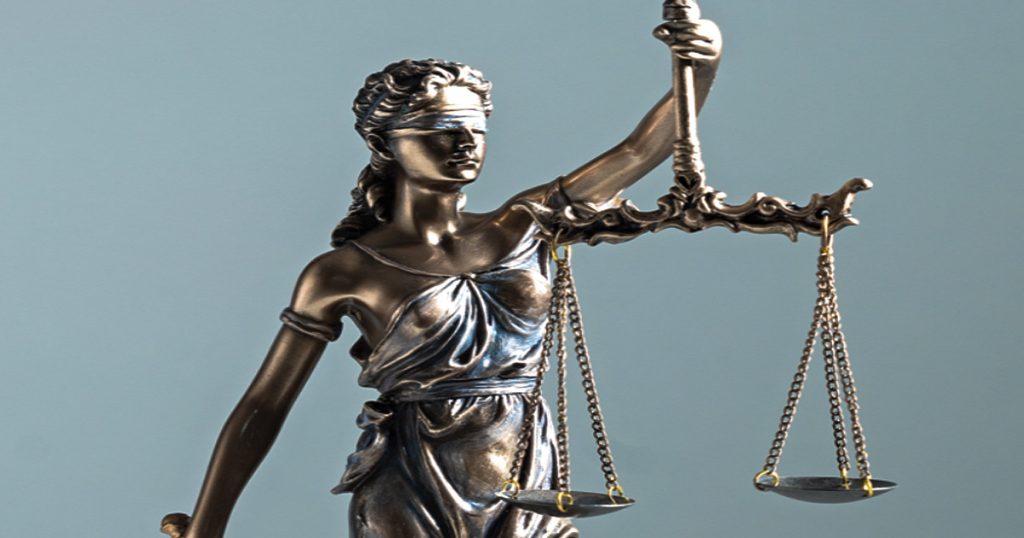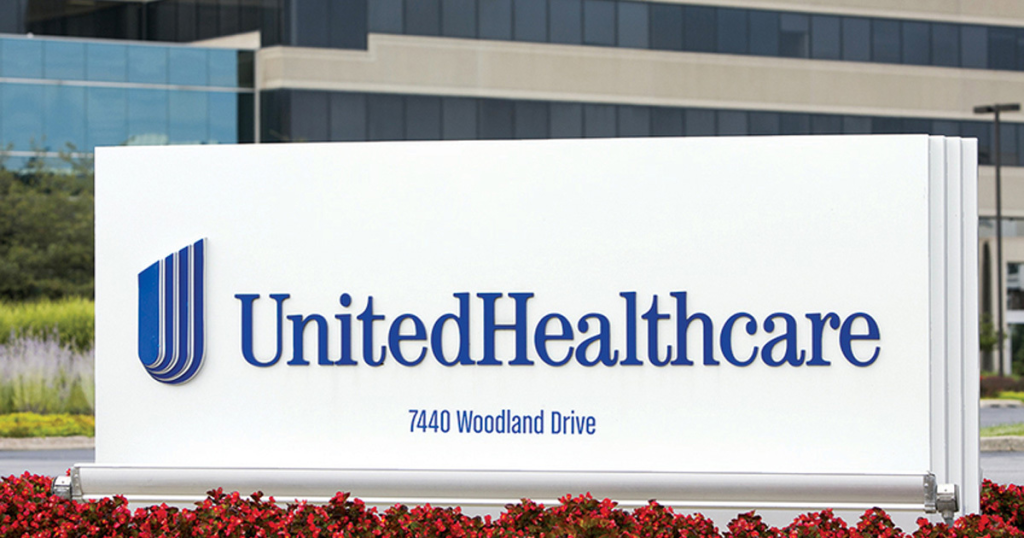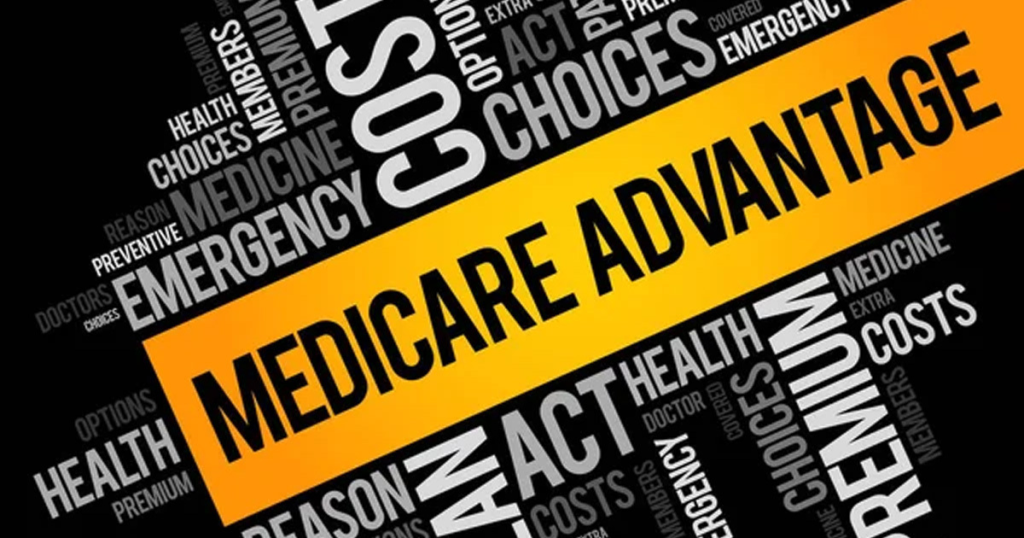
In This Article
- Medicare Advantage Overpayment Dispute Background
- How AI has Helped in UnitedHealthcare’s Case
- Why the DOJ Lost the Case with UnitedHealthcare
On March 4, 2025, UnitedHealthcare successfully secured the victory in the case where the amount of $2 billion was alleged as the Medicare Advantage overpayments. In the final decision, the court stated that the DOJ was unable to present evidence about its claim that the insurer exaggerated the number of sick people who pocketed more than $2B in overpayment.
In this high-stakes legal battle, significant attention has been paid to the complexities of healthcare fraud, and after a long struggle to find the evidence and get the root information, the court has finally delivered the decision. No overpayment was proved in the whole case, and all the legal proceedings are complete now.
Medicare Advantage Overpayment Dispute Background
The lawsuit began in 2016 and centered on the allegation that UnitedHealth, which specializes in healthcare and health insurance, is engaged in systematic efforts that are harming patients. According to this case, the company has inflated the patient risk score, so it has enhanced the reimbursements from the government.
The Department of Justice (DOJ) has made continuous efforts to combat the fraud and tried its best to show that UnitedHealthcare manipulated the health risk assessments to get more and more aid from the government. However, the final decision was not according to the DOJ’s claims.

This case is not the only incident happening around us, but some other medical giants like Cigna and Humana have faced the same scrutiny in recent years because of the broad crackdown against the suspected risk of inflation.
The case is part of broader investigations of the medical advantage billing that has been in discussion since 2016. This program is a privatized version of Medicare that repays the patients according to their risk score. A higher score means more payment from the government. DOJ has claimed that UnitedHealthCare is intentionally enhancing the risk score to get more revenue or payment from the government.
How AI has Helped in UnitedHealthcare’s Case
Artificial intelligence is a driving force behind the Medicare Advantage billing and is widely used by insurers and regulators. Like many insurers, UnitedHealthcare is utilizing AI-driven predictive modeling for patient data analysis and risk score determination. DOJ has claimed that UnitedHealthcare is using manipulated data in the AI model to get more grants from the government.
On the other hand, the regulators are using AI and machine learning models to detect the anomalies in the billing patterns. This makes the system foolproof, and AI has helped a lot throughout the case. The integration of such technologies promises privacy and security in the system; therefore, Weborik Hub is the best service provider for AI integration in web solutions, making them flawless in work.

Why the DOJ Lost the Case with UnitedHealthcare
The hearing was handled by the independent legal expert named Special Master Suzanne Segal, who examined all the evidence before the trial proceeded. According to her analysis, the DOJ’s claims were circumstantial evidence, but the court and justice demanded concrete proof. At the March 4 ruling, she wrote:
A mere possibility of an overpayment is not enough for the government to carry its burden
After this decision, the ruling went to U.S. District Judge Fernando Olguin. Further studies on the evidence and claims will define whether to uphold the recommendations. The DOJ has two weeks to appeal the ruling, and if the judges agree on the current evidence and situations, the case will be closed and dismissed entirely. As a result, UnitedHealthcare will not have to pay $2B. For now, the victory of UnitedHealthcare company is a great setback for the DOJ.



